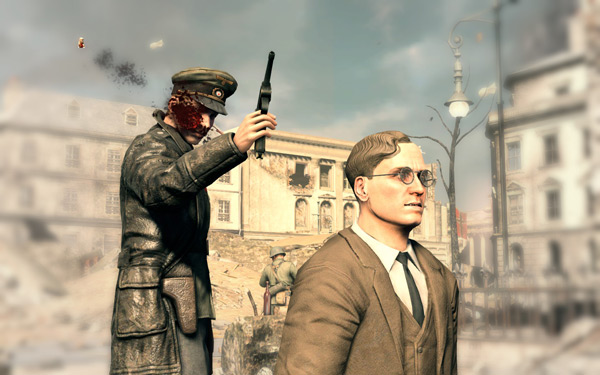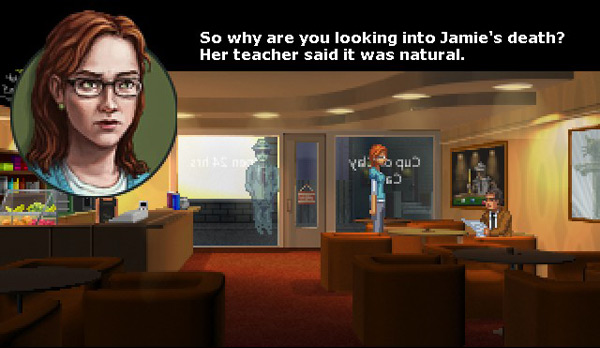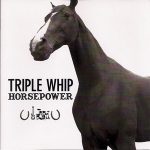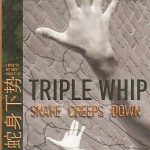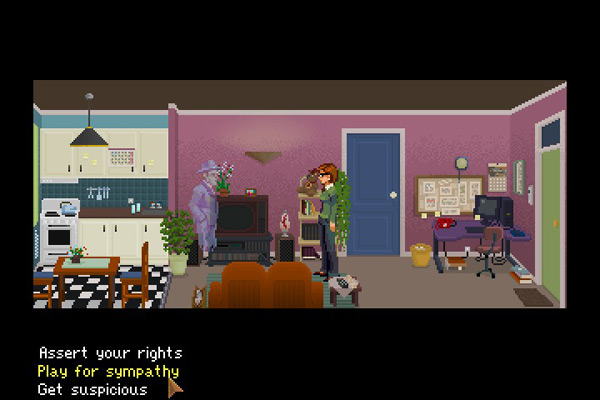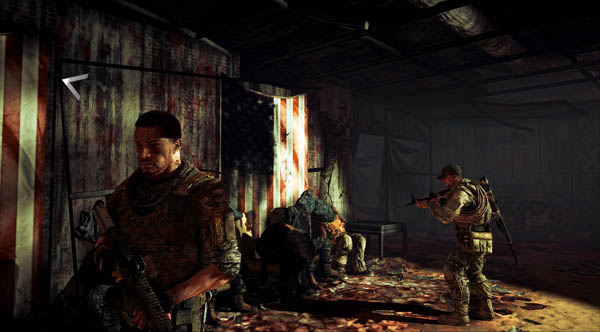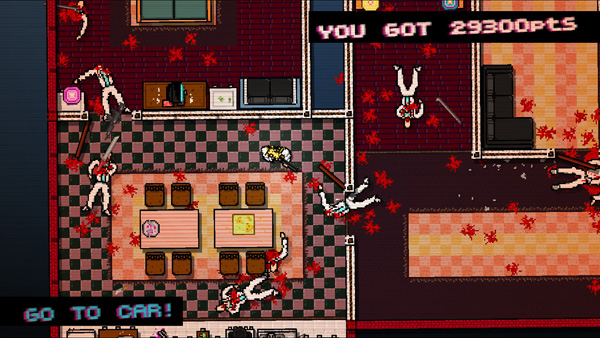The first four Blackwell games went on sale on Steam this week for around 50¢ each. These games have been on my radar ever since I saw this Mattchat interview with Wadjet Eye company founder Dave Gilbert. Basically, he was a hobbyist using the Adventure Game Studio to create Lucasarts style point-and-click adventures. He decided to make a go at transforming his hobby into a business and some dozen or so games later the company has survived.
The Blackwell Legacy is the first in a series of five games that have the player acting as a spiritual medium who, with the help of her deceased sidekick Joey, seeks to guide tormented ghosts into the afterlife. It’s kinda like a noir version of The Frighteners. The theme lends itself very well to episodic storytelling. Every game features a new mystery and there are larger main character story arcs to be explored across the whole series.
The game itself is not too puzzle driven. I was stumped a couple of times, but it was mostly because I didn’t fully grasp the note taking inventory mechanic. For the most part you are simply clicking through dialogue and revisiting characters as more information becomes available. I enjoyed the leisurely pace and was quite impressed with the characters and plot. It’s a short game which can be finished in one or two sittings, but it felt just about right in length to me.
Of course, this being a first outing by a new game developer, there are a few rough edges. The voice overs are a nice addition, but the acting is spotty and the sound design (by the developer’s own admission) is lacking. You gotta rock the mic with the pantyhose!
The art, however, is stunning. I love the painterly style rendered with a limited color palette. It’s not trying to be cute like most pixel-art games do these days, it’s trying to be the best possible hand-drawn art within the lo-res constraints of the authoring environment.
I’m glad I bought this package and will probably be paying full-price for future Wadjet Eye games when they come out. Can’t wait to get on to the next Blackwell adventure.

